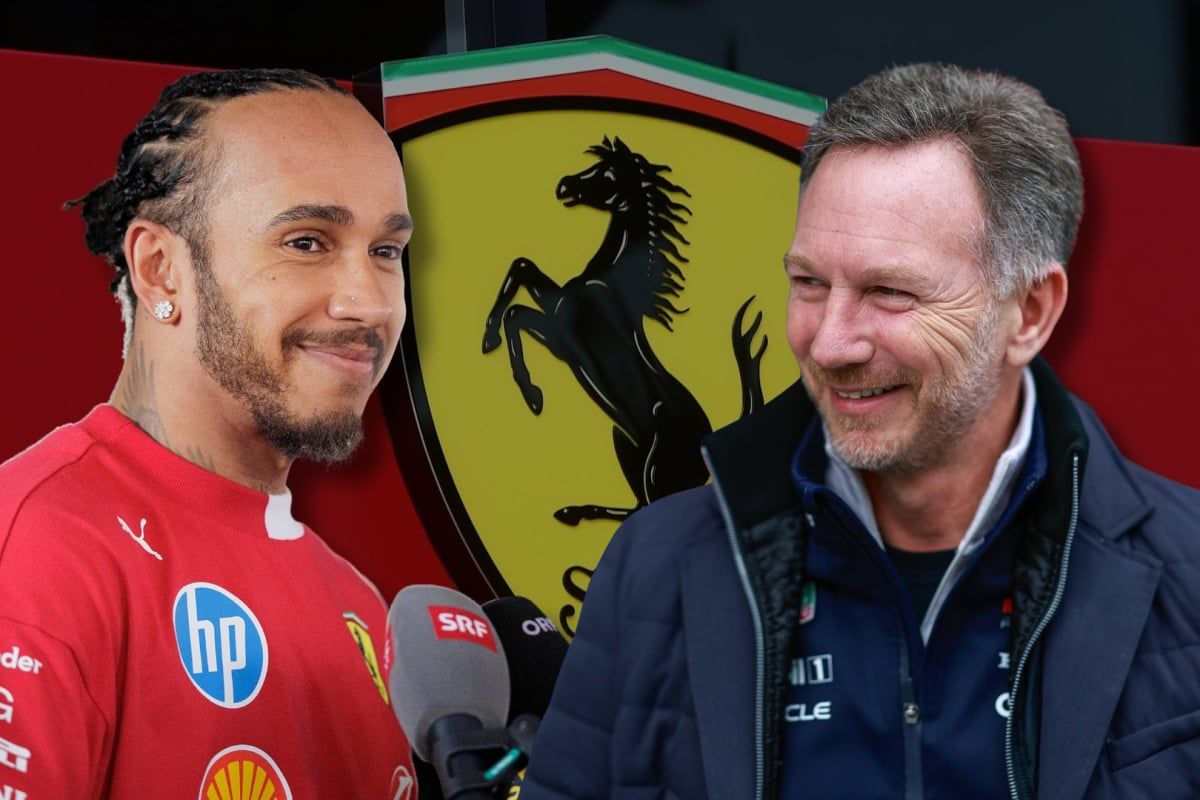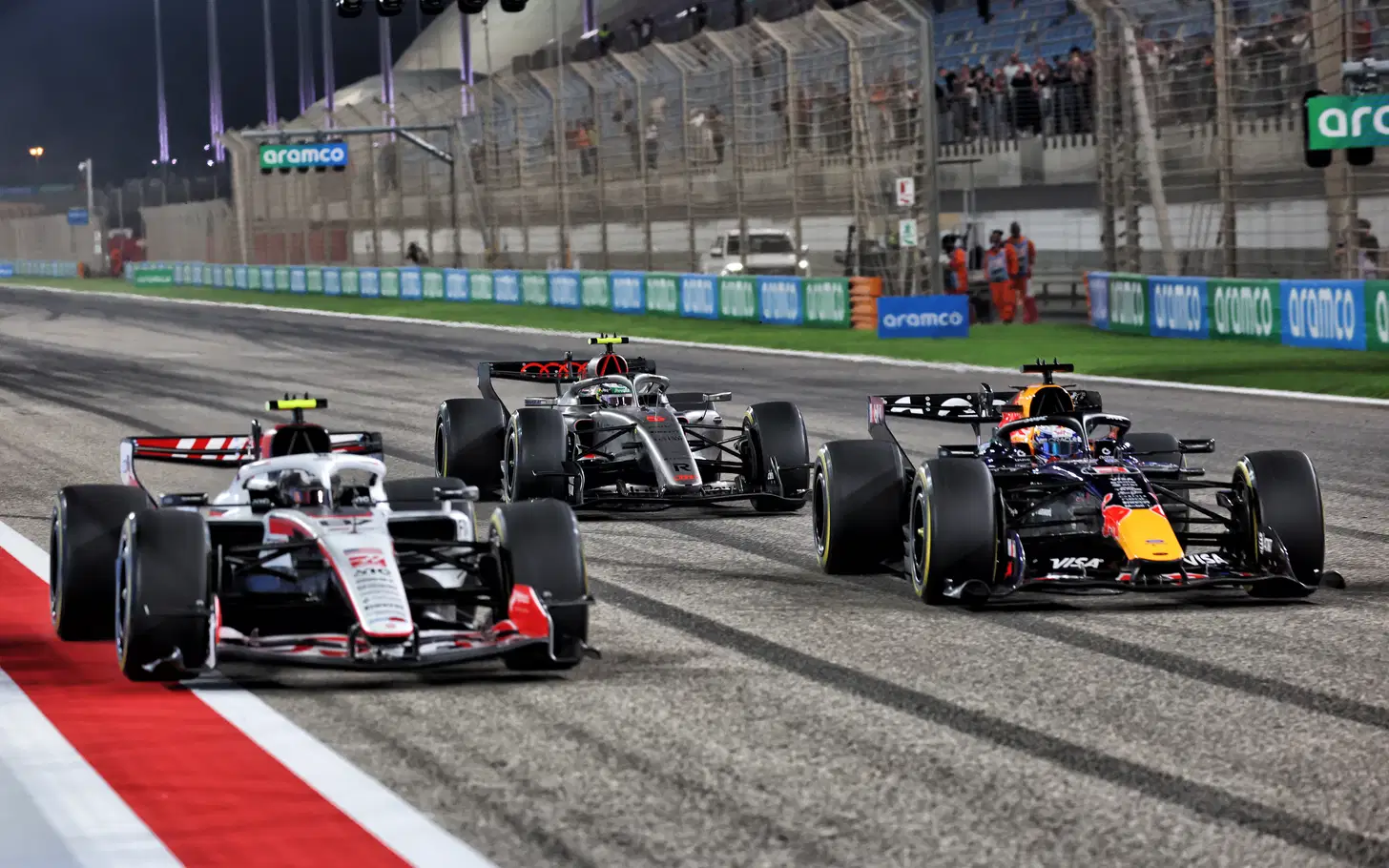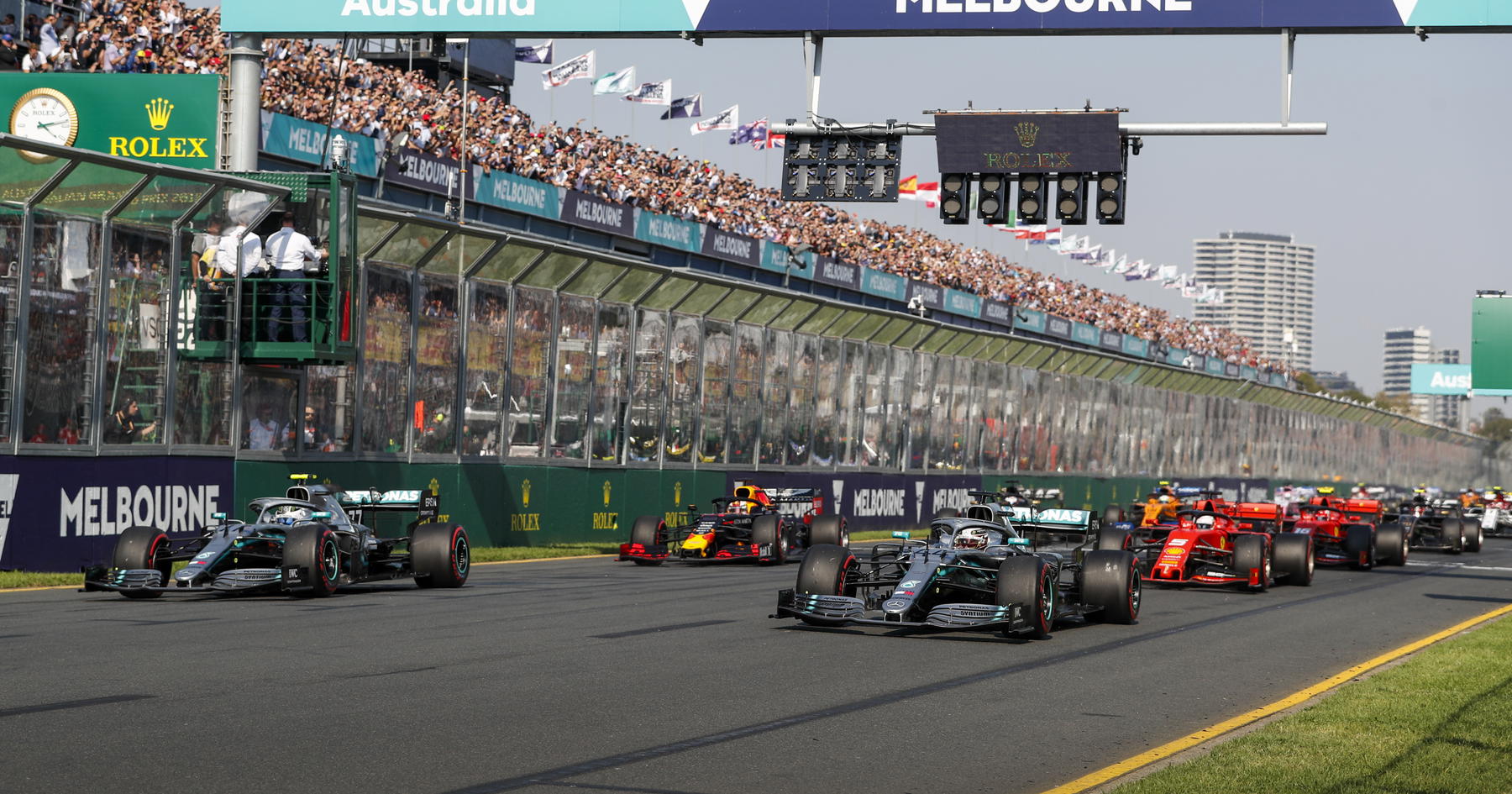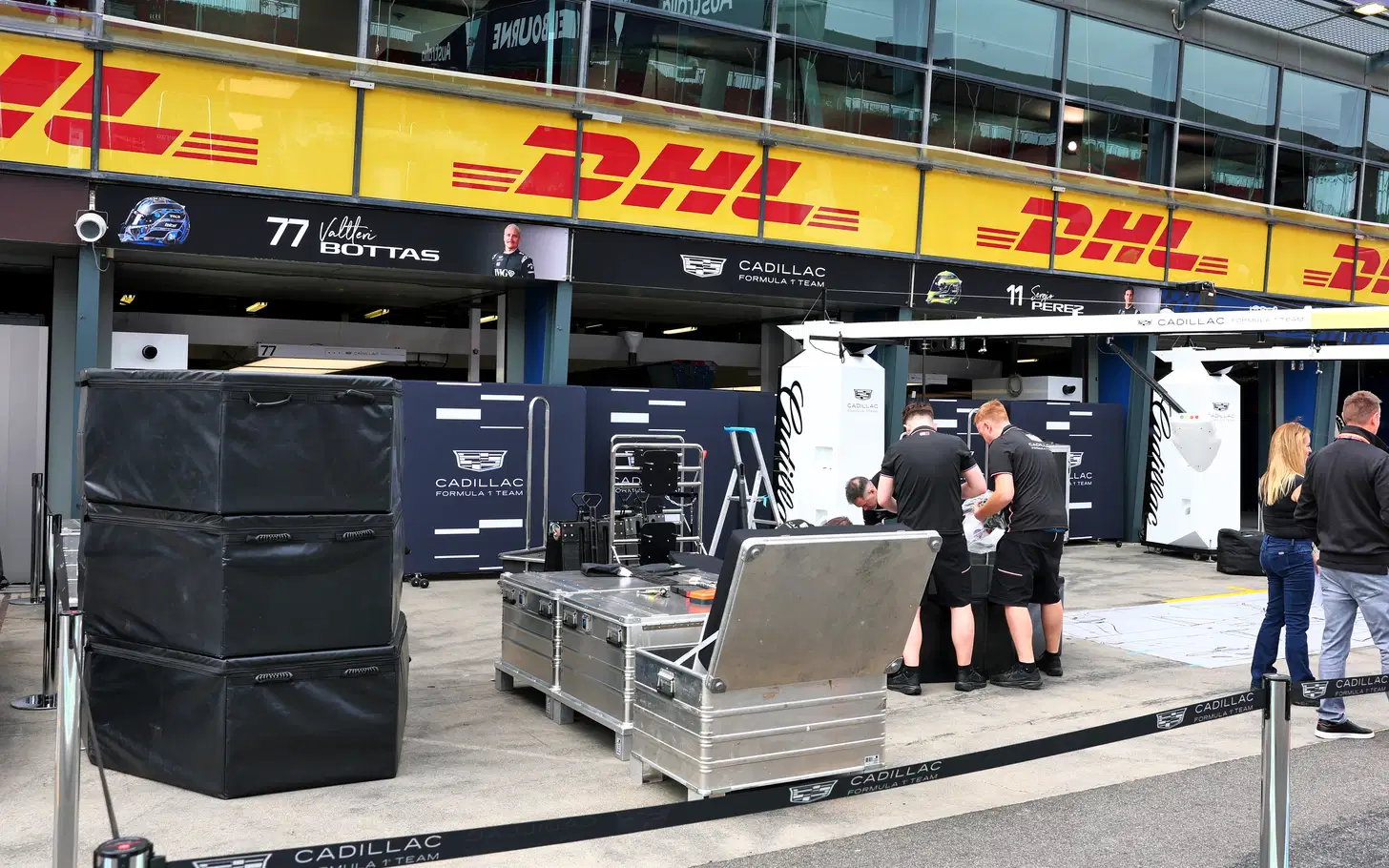Christian Horner destined to become Lewis Hamilton’s new Ferrari F1 boss
Christian Horner’s departure from Red Bull in July has sent ripples through the Formula 1 paddock, and speculation about his next move has never really died down. From the moment he left, rumors linking him to multiple teams have emerged — some far-fetched, like Alpine or Haas — but one connection keeps coming back: Ferrari. And unlike other speculative headlines, this one actually carries weight, given Horner’s proven track record in building championship-winning teams. The idea that he could pair with Lewis Hamilton at Ferrari is unconventional, even unlikely, but it may make more sense than it appears at first glance.
Horner, now 52, has a reputation for strategic brilliance and relentless team management. Under his leadership, Red Bull secured multiple drivers’ and constructors’ championships, a feat that few in F1 can claim. His understanding of what it takes to assemble a winning team is undeniable. For Ferrari, which has struggled to regain its former dominance, Horner represents a possible blueprint for organizational transformation. His ability to assess personnel, make decisive structural changes, and drive results could be exactly what the Italian team needs to return to the front of the grid.
However, the idea of pairing him with Hamilton is far from straightforward. History plays a significant role. Horner, as Red Bull’s team principal, was indirectly involved in the controversial Abu Dhabi Grand Prix finale in 2021, where Max Verstappen overtook Hamilton on the final lap to claim the drivers’ championship. For Hamilton, that moment remains one of the most painful of his career, and Horner’s part in it has not been forgotten. Beyond the track, Horner’s reputation has been colored by allegations of inappropriate behavior toward a team employee, though he was ultimately cleared. These issues, whether fair or not, add layers of complexity to any potential partnership with Hamilton, whose public persona contrasts sharply — he is widely respected for his activism, mentorship, and efforts to promote diversity in motorsport.
Despite these differences, there’s a strong argument for why the two could work together professionally. Hamilton, chasing his elusive eighth world title, needs a team structure capable of supporting his ambitions. Ferrari, underperforming in recent seasons, requires a leader who can instill discipline, optimize operations, and foster a winning mentality. Horner excels at exactly these tasks. Even if a personal rapport between the two is unlikely, a purely professional collaboration — based on mutual respect for competence and results — could benefit both parties. Ferrari could gain the leadership and strategic insight it lacks, while Hamilton could finally be surrounded by the organizational excellence needed to maximize his performance.
Ferrari’s current structure may complicate things. Fred Vasseur, the team principal, has recently had his contract extended, signaling stability. Still, whispers persist about Horner stepping in to rejuvenate the team. His experience in creating championship-winning environments would be a major draw, but it comes with cultural and operational challenges. Ferrari is steeped in Italian tradition and bureaucracy, and Horner would need to navigate that environment carefully. Language barriers, differing management styles, and the potential for clashes with established personnel are all real hurdles. Yet, for those willing to focus on results over optics, these challenges are not insurmountable.
For Hamilton, aligning with Horner could be a calculated risk. It would require setting aside past grievances and focusing on the larger goal: winning another championship. Hamilton has expressed a desire for stability and clarity at Ferrari, emphasizing the need for a strong operational foundation rather than distractions from rumor mills. Still, a partnership with someone of Horner’s pedigree could accelerate Ferrari’s return to competitiveness, giving Hamilton the car, team, and environment necessary to chase his eighth title.
From a strategic perspective, the potential Horner-Hamilton-Ferrari trio represents a high-risk, high-reward scenario. Horner brings the organizational know-how and championship pedigree; Hamilton brings unparalleled on-track skill and star power; Ferrari gains the possibility of regaining its former dominance. Even if a deep personal relationship between Horner and Hamilton is unlikely, the combination of professional expertise and competitive ambition could form a potent partnership. It is a scenario that, while unlikely two years ago, may now be the perfect alignment of needs and goals.
Ultimately, the speculation surrounding Horner and Ferrari is more than idle gossip. It reflects the real strategic decisions facing the team as it seeks to reclaim its position at the top of F1. A bold move — bringing in Horner to guide the team while giving Hamilton the platform to perform at his best — could be exactly what Ferrari needs. In the high-stakes world of Formula 1, where leadership, teamwork, and driver skill intersect, this unlikely trio may just provide the winning combination everyone has been waiting for.




